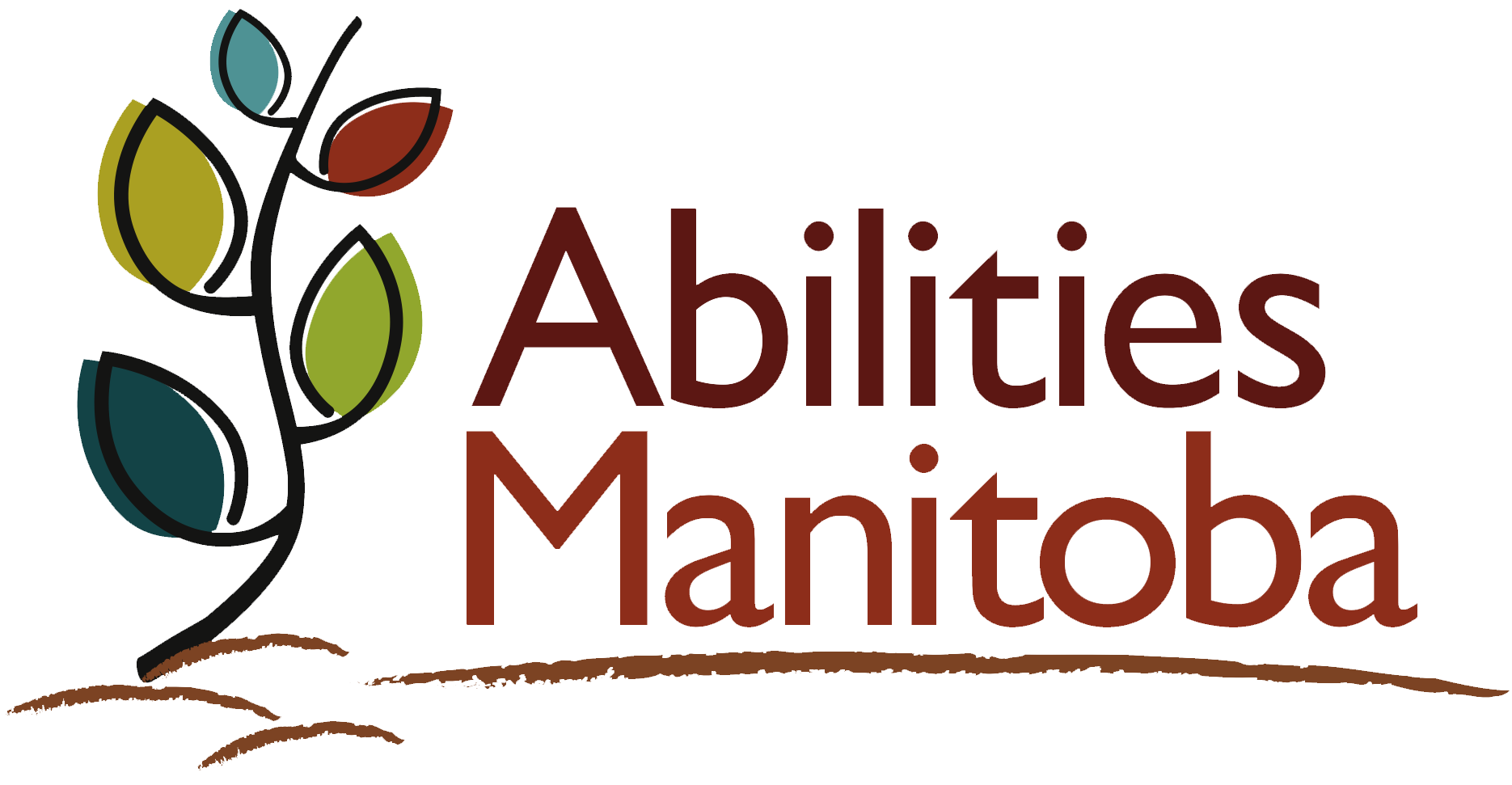Documents authored by Abilities Manitoba are available in alternative formats. For other shared documents and resources, please contact the original author. If you require any assistance please contact us and we will do our best to accommodate you.
You can contact us at admin@abilitiesmanitoba.org or 431-688-6108.
Leading Practice Guidelines
Training & Delegation of Nursing Function
Type: Wellbeing
Guideline: The organization ensures that health care tasks that are performed by any staff are done with proper support and training from regulated health care providers. The organization has clearly identified their process for assessing health care activities, how they support staff to gain competency in approved health care interventions and any limitations to their scope of practice that may impact services.
What does this look like?
The organization has a policy and process that clearly outlines the expectations, procedures and behaviours required related to the provision of health care tasks by staff within the organization. The policy should include:
- How health care needs and required interventions are assessed and flagged prior to and throughout services being provided.
- The process to be followed when health care interventions required are assessed as being functions that a non-regulated care provider cannot do.
- How the organization will determine if the health care task is appropriate and safe for staff to conduct, what protocols, training and supervision would be required prior to performing the task and how the intervention would be monitored and evaluated. In determining this process, the organization should consider legislation and practice guidelines (linked under resources) that provide guidance on how and under what conditions unregulated health care providers would be authorized and safely able to perform certain health care tasks.
- How delegation of function is formally documented, where these documents are stored and who they are shared with (as guided by the person). This should include acknowledgment that delegation of function must always be person-specific and is not transferable to other people served or staff within the organization.
- If there are any health care functions that the organization will not support their staff to perform and how these thresholds will be shared with people served and their families/support network before and throughout service being delivered.
- How staff will maintain their competency to do delegated functions. This may include refresher training, requirement to perform the task at regular intervals and/or expiry of competency after a certain time period without practice or re-training.
- How the organization will ensure that staff assigned to work with a person have the skills and training to perform required health care tasks including an emergency plan if staff who are trained to perform a specific delegated function are not available.
The organization provides support, training and required equipment to staff performing health care tasks. Where delegation of function has occurred, this will mean support and training from a regulated health profession such as a nurse at a frequency and quantity that develops and maintains competency to perform the health care intervention.
Given that delegation is an individual process that is dictated by a unique risk assessment and depends upon the person’s health status, the environment and the skills and support available to the unregulated care provider, there is no definitive list of tasks that are delegated or not. However, below is a list of things that, given the right circumstances, could be delegated and those items in which delegation would never be considered to unregulated care providers. The list below is provided only for general guidance and specific discussions should occur with nursing personnel and/or the College of Registered Nurses of Manitoba for clarity on specific situations.
Medication:
- Administration of an auto-injector (e.g. EpiPen)
- Administration of a metered dose inhaler with and without aerochamber and use of a nebulizer for aerosolized medication
- Administration of routine medication with a predictable outcome (training, not a delegation typically, unless is under the skin such as insulin)
- Administration of rescue medication (i.e. auto-injector, or sublingual/buccal, or intranasal medication or in some situations and with ongoing training and review – glucagon)
Nutrition:
- Administration of medication via an enteral tube into the stomach or jejunum
- Administration of nutrition via an enteral tube into the stomach or jejunum via pump or gravity or syringe push methods
- Nurses can generally delegate enteral tube replacement when the tube goes into the stomach and the person involved in the care is a constant care provider (i.e. shared care)
- Blood glucose checks using a blood glucose meter or other approved device
Elimination:
- Care of colostomy site, appliance, emptying, removal, and reapplication
- Care of urostomy site, appliance, emptying, removal, and reapplication
- Clean intermittent catheterizing
Oxygen:
- Administration of pre-set oxygen using cylinder tank or concentrator
- Oral and/or nasal suctioning
Neurological:
- Vagal Nerve Stimulation care, management and support for use
Skin/Protection:
- Minor wound care for dressing changes
How would you know this is happening? (Evidence)
What you see in systems:
- A clear, comprehensive policy outlining the scope, thresholds and requirements related to performing health care tasks within the organization is available.
- Training and competency records for specific health care tasks are available for all staff assigned to work with a person requiring health care tasks.
- Documented plans on delegated functions for specific people who require these are available
What you see in actions:
- Staff are clear on those tasks they are able to do and what falls outside their scope. They are confident and competent in those tasks that they are asked to perform.
Resources to support achieving guideline:
- College of Registered Nurses of Manitoba – Practice Direction – Assignment & Delegation to Unregulated Care Providers (PDF)
- The Regulated Health Professions Act
- Sample Policy – Delegation of Nursing Function - [To be added soon]
